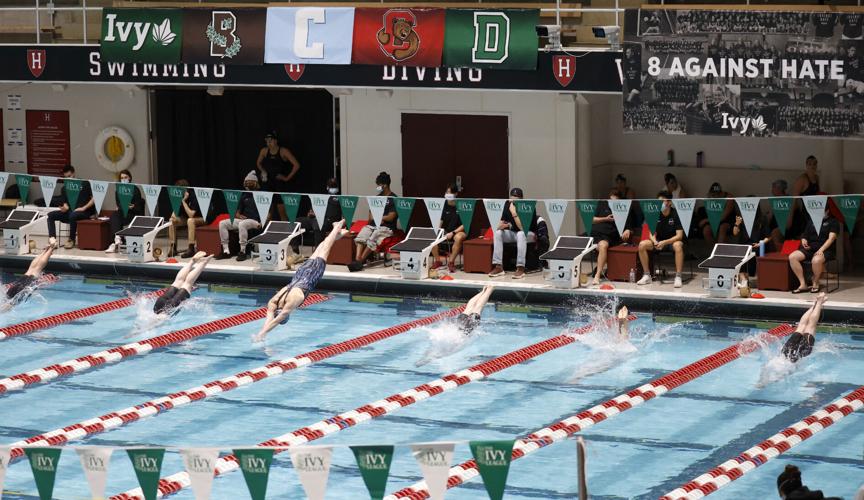The University of Pennsylvania has revised several school swimming records set by Lia Thomas, a transgender athlete, as part of a settlement with federal authorities. This decision, announced on Tuesday, includes an apology to female athletes who were “disadvantaged” by Thomas’s participation on the women’s team. The resolution marks the conclusion of a significant civil rights case involving the U.S. Education Department.
Lia Thomas, who made headlines in 2022 as the first openly transgender athlete to win an NCAA Division I title, has been at the center of a national debate over the inclusion of transgender athletes in women’s sports. The case has drawn attention from various stakeholders, including lawmakers and advocacy groups, reflecting broader societal discussions about gender identity and fairness in competitive sports.
Background and Context
The controversy surrounding Lia Thomas began when she joined the University of Pennsylvania’s women’s swimming team, following her transition. Thomas’s participation raised questions about competitive equity, as she set multiple records and achieved significant victories in the pool. Critics argued that her presence in women’s competitions was unfair to cisgender female athletes, while supporters emphasized the importance of inclusion and respect for gender identity.
In response to these debates, the U.S. Education Department launched an investigation to assess whether Thomas’s participation violated Title IX, a federal law that prohibits sex-based discrimination in education programs and activities. The settlement reached with the University of Pennsylvania aims to address these concerns by modifying Thomas’s records and issuing an apology to affected athletes.
Expert Opinions and Reactions
Experts in sports law and gender studies have weighed in on the implications of this settlement. Dr. Sarah Williams, a professor of sports ethics, expressed that the decision reflects a growing need to balance inclusivity with fairness in sports. “This case highlights the complexities of integrating transgender athletes into traditional sports categories,” she stated. “It underscores the necessity for clear guidelines that respect both the rights of transgender individuals and the competitive integrity of women’s sports.”
Meanwhile, advocacy groups have expressed mixed reactions. The Women’s Sports Policy Working Group praised the settlement as a step towards ensuring fair competition, while LGBTQ+ organizations voiced concerns about the potential stigmatization of transgender athletes. “We must continue to advocate for policies that support both inclusivity and fairness,” said Alex Turner, a spokesperson for an LGBTQ+ rights group.
Historical Parallels and Future Implications
This case is not the first to address the participation of transgender athletes in sports. Similar debates have occurred in various sports leagues and competitions worldwide. The International Olympic Committee, for example, has faced challenges in creating policies that accommodate transgender athletes while maintaining competitive fairness.
The settlement between the University of Pennsylvania and the U.S. Education Department may set a precedent for how educational institutions handle similar cases in the future. It also raises questions about the role of federal agencies in regulating sports participation and the potential for future legal challenges.
By the Numbers: In 2022, Lia Thomas became the first openly transgender athlete to win an NCAA Division I title, setting records that have now been revised as part of the settlement.
Looking Ahead
As the conversation around transgender athletes continues to evolve, educational institutions and sports organizations will likely face increased pressure to develop comprehensive policies that address these complex issues. The University of Pennsylvania’s decision to revise Lia Thomas’s records and apologize to affected athletes may serve as a model for other schools navigating similar challenges.
Ultimately, the resolution of this case highlights the ongoing dialogue about gender, inclusion, and fairness in sports. It underscores the need for thoughtful consideration and collaboration among stakeholders to ensure that all athletes are treated with dignity and respect, regardless of their gender identity.
